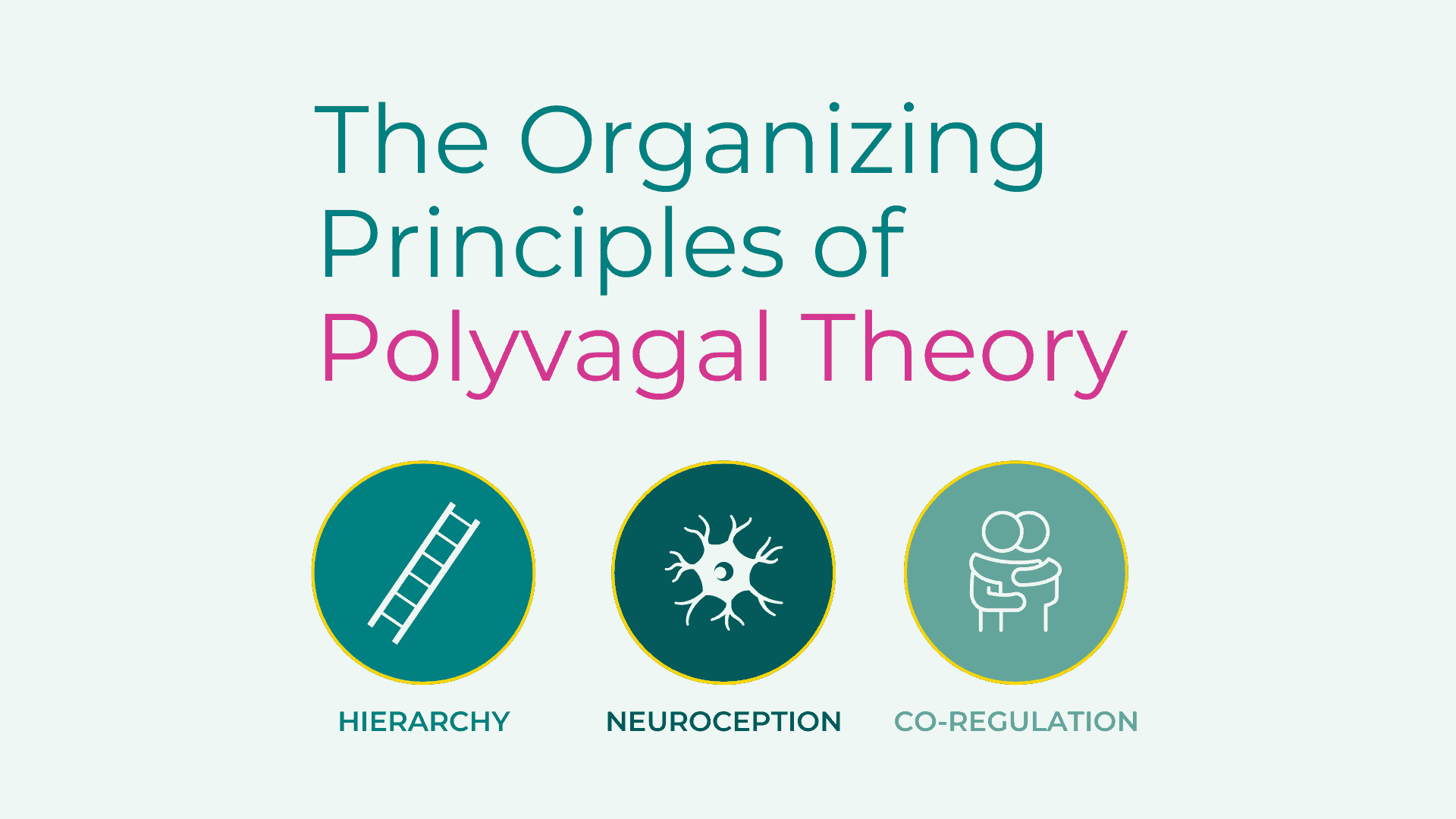How would you explain Polyvagal Theory?
Deb Dana, LCSW and Advisor to Unyte, was recently featured on the popular podcast Ten Percent Happier, where host Dan Harris asked her an essential question for understanding our nervous systems and ourselves: “What is Polyvagal Theory?”
“In its simplest form, [Polyvagal Theory] has three organizing principles that govern how we navigate our daily life: hierarchy, neuroception and co-regulation,” Deb says. “If we understand those three principles, then we understand what’s happening in our biology, that then gets translated into our thoughts, our feelings, our behaviors [and] the stories that we enter into as we move through the world.”
Deb is also a clinician, author and consultant, specializing in working with clients who’ve experienced complex trauma. In this episode, Deb explains to listeners how Polyvagal Theory can help us become “active operators of our own nervous system,” allowing us to be better able to respond to life’s events, and to engage with the world with more awareness and intention.
“We should care about Polyvagal Theory because it helps us understand our biology. Even though we think our brains are running the show, truly our brains are getting our communication from our body. If we understand this embodied system — if we understand how the nervous system works — we can begin to shape it differently,” she adds.
Listen to Deb’s highly informative and educational podcast above, and share with your clients or colleagues to provide them with an approachable introduction to Polyvagal Theory, and how we can better understand and regulate our nervous systems.

Free download: The Organizing Principles of Polyvagal Theory
Share with your colleagues and clients! The science of safety explained visually in an infographic format. Click below to download this resource.



 © 2025 Unyte Health US Inc.
© 2025 Unyte Health US Inc.